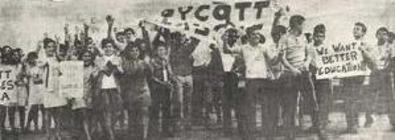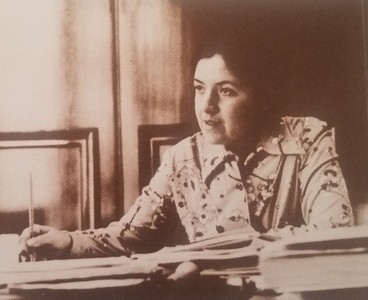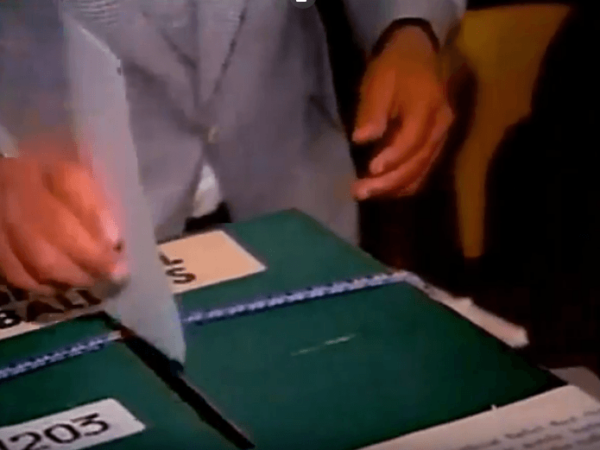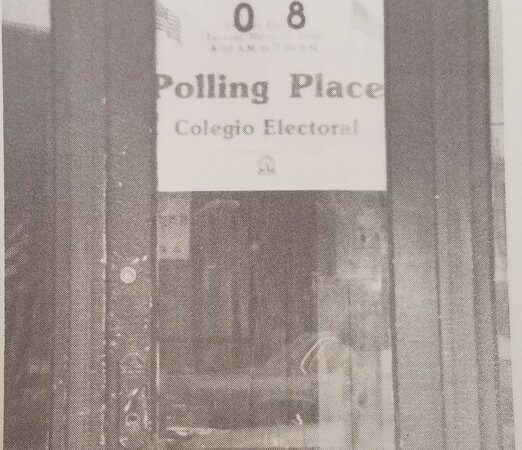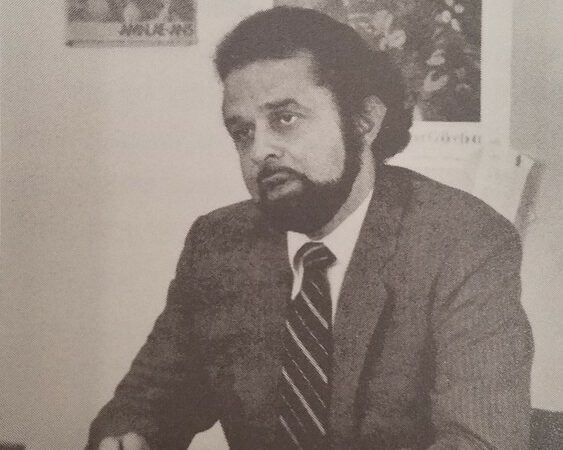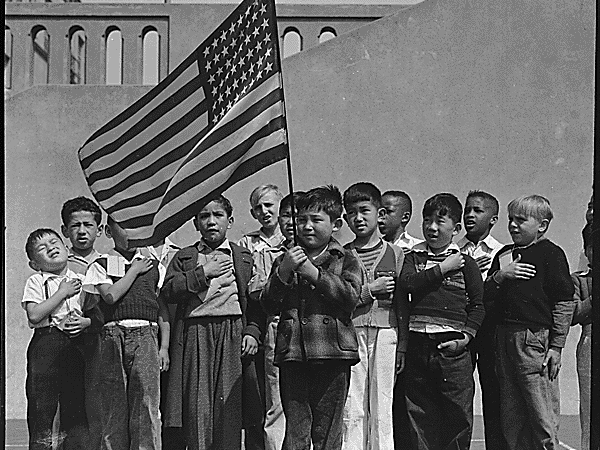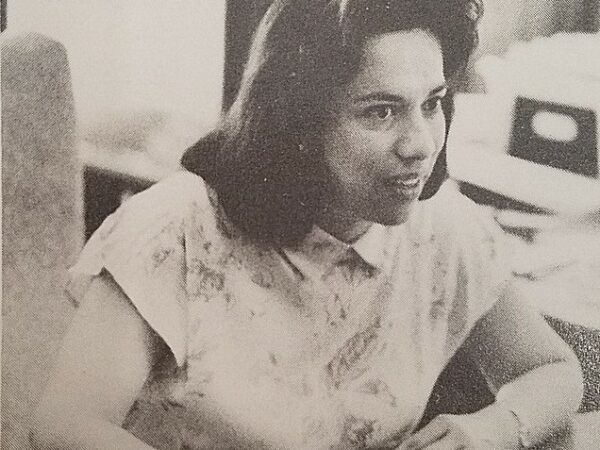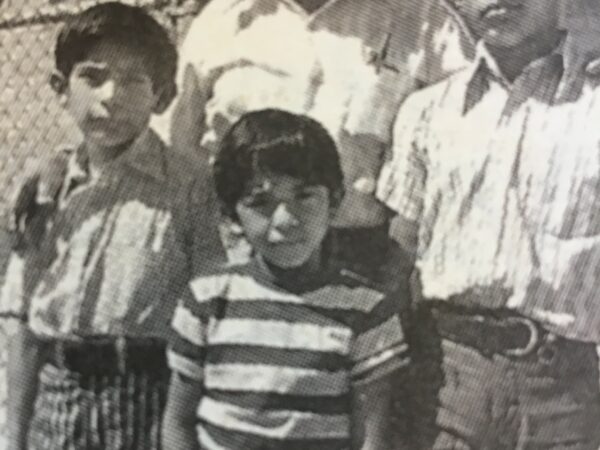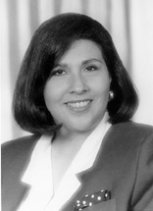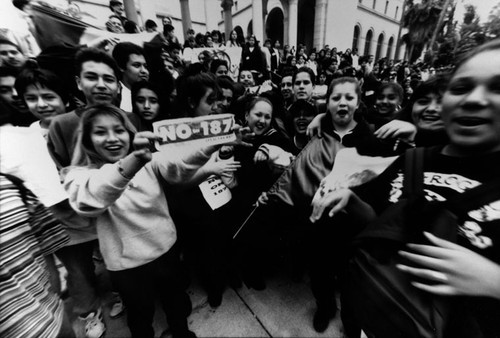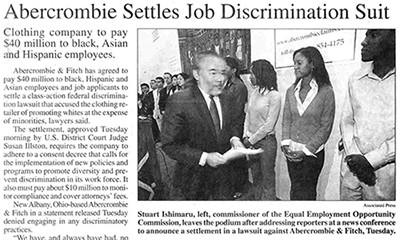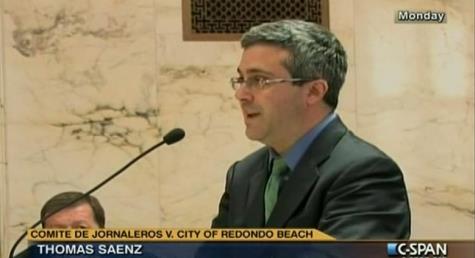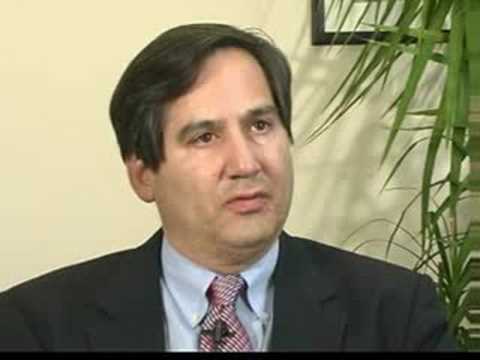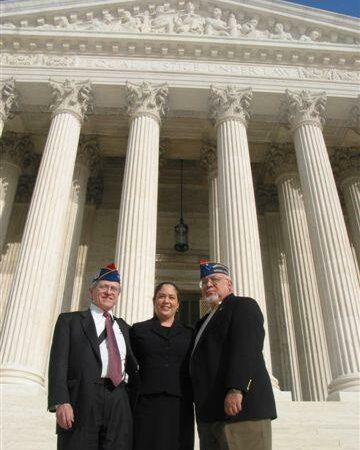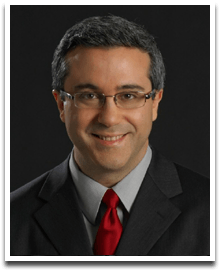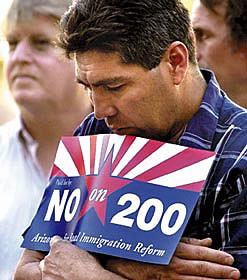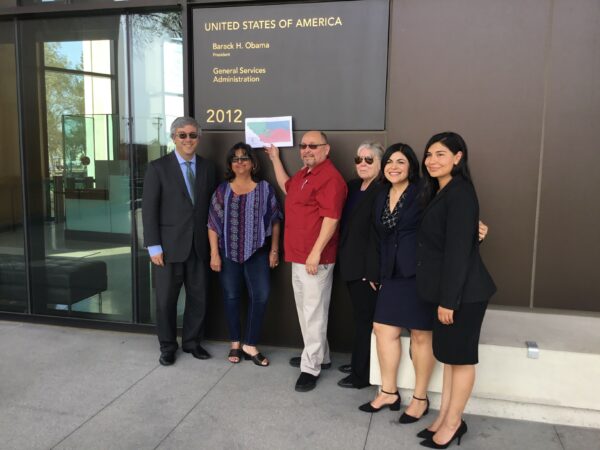History
MALDEF (Mexican American Legal Defense and Educational Fund) opened its doors on August 1, 1968 in San Antonio, Texas. Inspired by the civil-rights era legal battles mounted on behalf of the African American community and knowledgeable of the pervasive discrimination against Latinos, lawyers and community activists throughout the southwestern United States launched efforts to create a legal organization to serve the Latino community.
MALDEF was consciously modeled on the NAACP Legal Defense and Educational Fund (LDF). Indeed, MALDEF got off the ground thanks in large part to the generous guidance and assistance offered by the legendary civil rights attorney Jack Greenberg, who was then the LDF’s Director-Counsel.
Over the course of our 50-year history, MALDEF’s litigation and advocacy efforts have spurred reforms and led to new laws and policies with wide-ranging impact for the Latino community and the nation as a whole. Whether on the streets or in schools, in boardrooms or living rooms, in legislative chambers or courthouses right up to the U.S. Supreme Court, MALDEF has earned its reputation as the civil rights law firm of the Latino community.
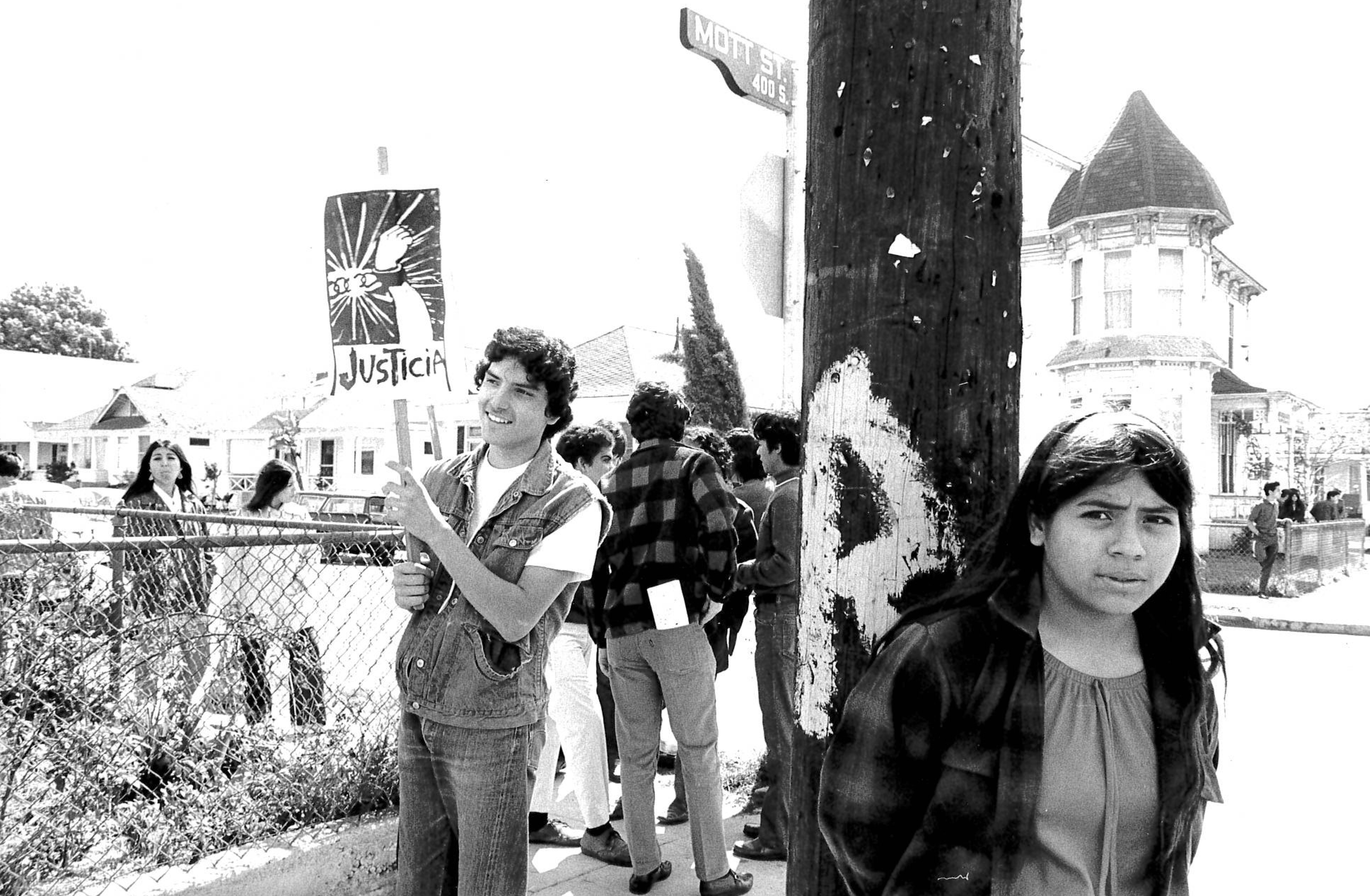
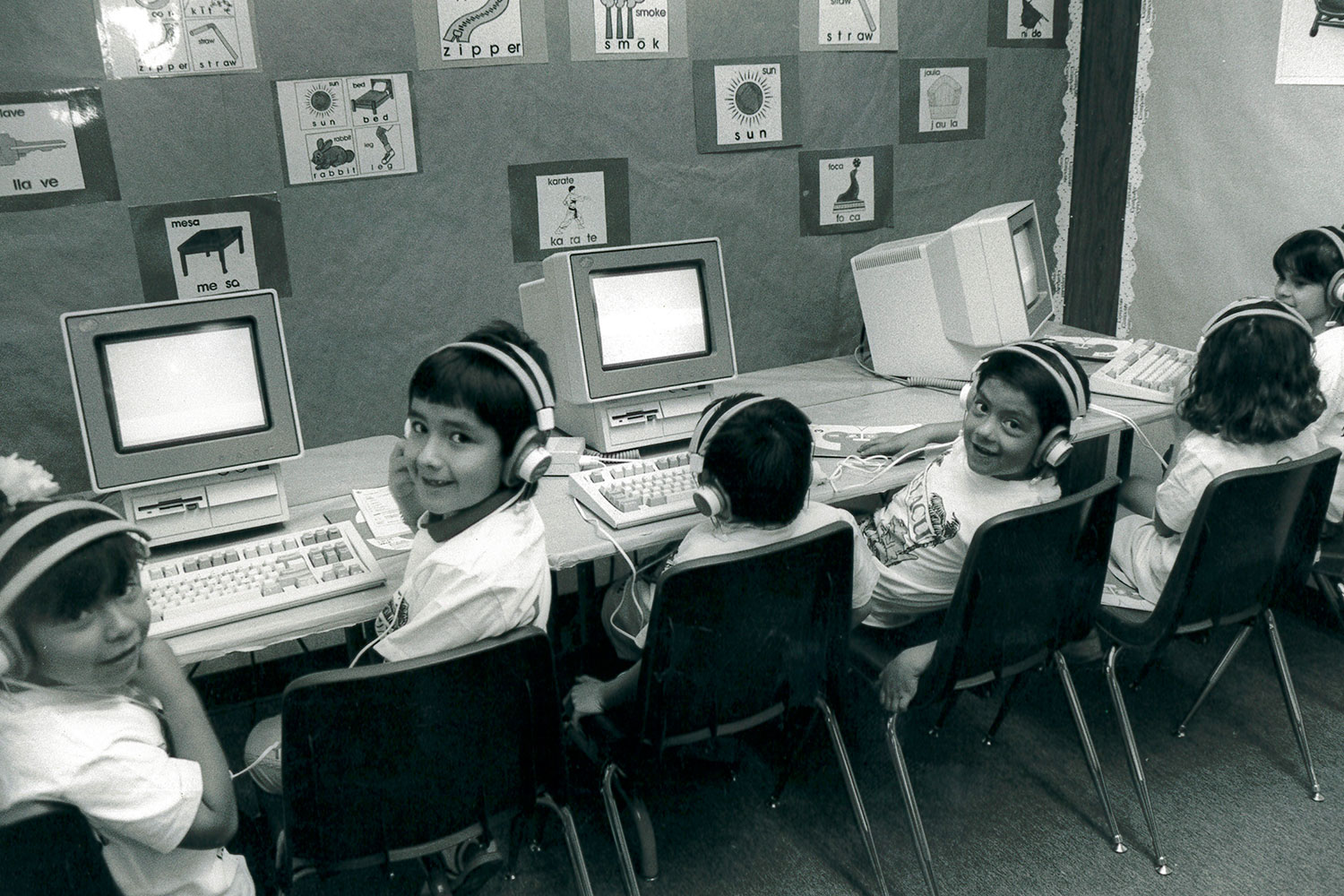
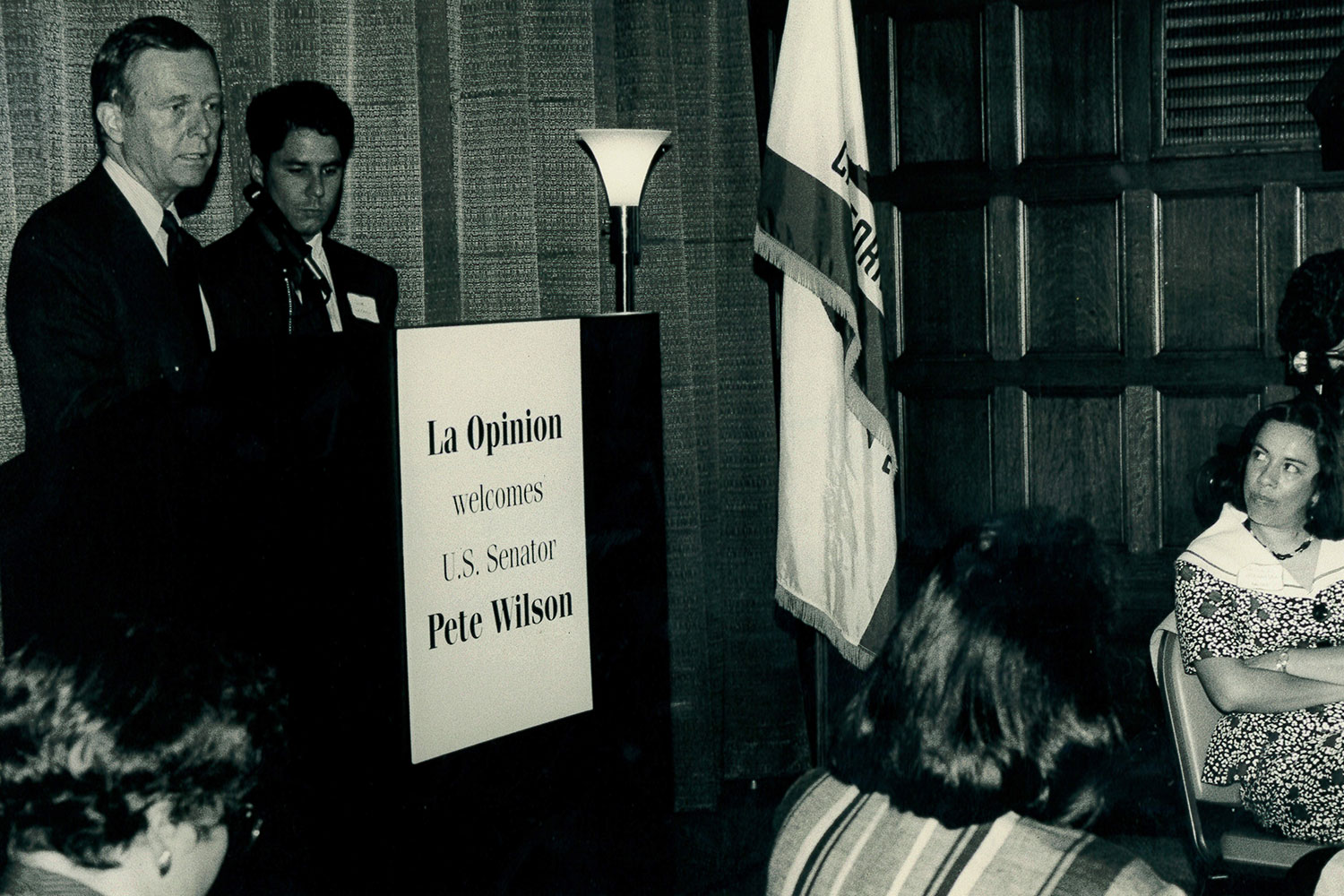
MALDEF has focused its efforts in protecting and promoting equal rights for Latinos, and constitutional rights for all, in four core program areas — education, employment and economic advancement, immigrants’ rights, and voting rights and political access. Our history is replete with victories that have had broad societal impact in each of these areas.
The case began MALDEF’s legacy of standing up for the rights of Latino students – exemplified by MALDEF’s victory in the U.S. Supreme Court’s landmark 1982 ruling in Plyler v. Doe that guarantees every child in America a free K-12 public school education, regardless of immigration status.
While that case was MALDEF’s signature achievement in education, there are many more examples of why the ‘E’ in our acronym stands for ‘Educational.’ In 1984, MALDEF filed the landmark case of Edgewood v. Kirby, which charged that public school financing methods in Texas undercut low-income schools in violation of state constitutional mandates requiring the legislature to provide an efficient and free public school system. That case resonated in 2018 when a state court judge ruled in Martinez v. New Mexico that the state had failed to live up to its obligation under the New Mexico constitution to provide a sufficient K-12 education to all students.
Another early case set the table for MALDEF’s long history of championing voting rights. In 1970, MALDEF challenged the Texas legislature for carving up voting districts to keep Latinos and other people of color out of power. The challenge led to MALDEF’s first major national victory, when the Supreme Court’s ruling in White v. Regester struck a blow at racial gerrymandering and at-large elections systems.
Because of MALDEF’s efforts, the federal Voting Rights Act was expanded in 1975 to recognize and provide for redress of political disenfranchisement and voting rights abuses targeting the Latino community.
MALDEF’s reputation for securing equitable political representation was solidified in 1990 after painstaking research and investigation proved that the Los Angeles County Board of Supervisors had for decades manipulated districts to fragment and disenfranchise the Latino community. Our litigation in Garza v. County of Los Angeles resulted in the election of the first Latino to the Board in more than a century.
Later in the decade, MALDEF was instrumental in the fight against California Proposition 187, the anti-immigrant statute that was largely struck down as unconstitutional by a federal court.
MALDEF’s track record of protecting Latinos continued to grow into the 21st century.
Our efforts to strengthen equal voting and representational access were bolstered again in 2006 when the U.S. Supreme Court ruled in LULAC v. Perry, a lawsuit brought by MALDEF, that the Texas Legislature’s 2003 redistricting plan denied Latino voters the opportunity to elect candidates of their choice, in violation of the Voting Rights Act.
We stood up on behalf of day laborers whose rights to freedom of speech were violated by punitive municipal ordinances banning them from soliciting work in public spaces. We stood up on behalf of immigrants to fight Arizona’s SB 1070, the unconstitutional show-me-your-papers law. We challenged the presence of immigration agents in New Mexico public schools to arrest disciplined students, and we exposed blatant employment discrimination at Abercrombie & Fitch and secured a $50 million settlement.
Today, our track record has firmly established MALDEF as a leader among civil rights organizations. We are nationally recognized for our efforts to defend the Latino community.
We are fighting back against the Texas statute SB 4, which requires local governments to participate in enforcing federal immigration law. We are fighting back against the Trump administration’s proposal to add a citizenship question to the Census. We are fighting back against a multi-state lawsuit led by Texas challenging the Deferred Action for Childhood Arrivals (DACA) initiative on behalf of young immigrants who want nothing more than to live and thrive in the only country they have ever called home. We are challenging private businesses that discriminate against immigrants.
As we embark on our 51st year, MALDEF’s mission to protect and promote the civil rights of all Latinos living in the United States remains strong.
HISTORY TIMELINE
- 1967
- 1968
- 1968
- 1968
- 1970
- 1970
- 1973
- 1973
- 1975
- 1982
- 1982
- 1985
- 1986
- 1989
- 1991
- 1995
- 2004
- 2004
- 2004
- 2006
- 2006
- 2009
- 2012
- 2012
- 2015
- 2018
- 2018
-
1967
With guidance from Jack Greenberg, Director-Counsel of the NAACP Legal Defense Fund, attorney Pete Tijerina meets with Bill Pincus from the Ford Foundation to discuss funding a new organization.
-
August 1968
MALDEF opens its doors in San Antonio, Texas after receiving a $2.2 million grant from the Ford Foundation to spend over five years. The organization, formed by civil rights attorneys and community members, dedicates all of its resources to fight discrimination on the job, in schools, and to increase Latino participation in the political process while denouncing racist actions by law enforcement and the courts.
-
August 1968
Pete Tijerina is named executive director of MALDEF, and Mario Obledo is named general counsel.
-
December 1968
MALDEF draws public attention after a judge rules that school officials in Hidalgo County, Texas violated the First Amendment rights of students expelled from Edcouch-Elsa High School after boycotting classes in protest of school district policies. MALDEF attorneys represented the students.
-
1970
MALDEF moves its headquarters to San Francisco, California.
-
1970
Mario G. Obledo is named president and general counsel of MALDEF.
-
1973
Vilma S. Martinez is named president and general counsel of MALDEF.
-
White v. Regester (1973)
In MALDEF’s first major national voting rights victory, the U.S. Supreme Court upholds a lower court ruling finding multi-member voting districts in Texas are discriminatory and must be redrawn to allow Latinos and African Americans the chance to elect their own representatives.
-
Federal Voting Rights Act (1975)
MALDEF succeeds in persuading Congress to extend voting rights protections to Latinos a decade after the 1965 Voting Rights Act was signed into law. The 1975 extension of the VRA leads to the establishment of bilingual ballots and other efforts to ease disenfranchisement of Latinos.
-
1982
Joaquin G. Avila is named president and general counsel of MALDEF.
-
Plyler v. Doe (1982)
MALDEF challenges a Texas law denying funding to educate some immigrants. The 1977 lawsuit leads to the landmark 1982 U.S. Supreme Court ruling that affirmed the constitutional right to a free K-12 public school education for all children regardless of immigration status.
-
1985
Antonia Hernandez is named president and general counsel of MALDEF.
-
1986
MALDEF moves its headquarters to Los Angeles.
-
Edgewood ISD v. Kirby (1989)
MALDEF files a lawsuit in 1984 on behalf of families and school districts challenging Texas’ discriminatory method of financing its schools. The lawsuit leads to a unanimous Texas Supreme Court ruling in 1989 declaring that the state’s finance system is unconstitutional. The case led to greater equity of school funding.
-
Garza v. County of Los Angeles (1991)
MALDEF files a lawsuit that results in the U.S. Supreme Court ruling upholding a lower court’s decision that held the Los Angeles County Board of Supervisors had gerrymandered districts to exclude Latinos from gaining representation. The lawsuit leads to the election of Gloria Molina, the first Latina and first woman on the board in more than 115 years.
-
Gregorio T. v. Wilson (1995)
MALDEF files a lawsuit that halts implementation of the 1994 California ballot measure Proposition 187. The anti-Latino measure denied public services, including enrollment in public schools, based on immigration status.
-
Gonzalez v. Abercrombie & Fitch (2004)
MALDEF sues the national clothing retailer challenging recruiting and hiring practices that exclude minorities and women, in violation of Title VII of the 1964 Civil Rights Act. The lawsuit leads to revised policies and a $50 million settlement in November 2004.
-
2004
Ann Marie Tallman named president and general counsel of MALDEF.
-
Comité de Jornaleros de Redondo Beach v. City of Redondo Beach (2004)
MALDEF challenges a Redondo Beach anti-solicitation ordinance as a violation of the First Amendment guarantee of free expression. A district court and the en banc Ninth Circuit, on a 9-2 vote, conclude in 2011 that the ordinance is unconstitutional. The U.S. Supreme Court declines to hear the case in 2012.
-
2006
John D. Trasviña named president and general counsel of MALDEF.
-
LULAC v. Perry (2006)
MALDEF’s 2004 lawsuit, GI Forum of Texas v. State of Texas, consolidated with three other lawsuits as League of United Latin American Citizens v. Perry, challenges the Texas Legislature’s 2003 redistricting plan. U.S. Supreme Court rules in 2006 that the plan denied Latino voters the opportunity to elect a candidate of their choice, in violation of Section 2 of the federal Voting Rights Act.
-
2009
Thomas A. Saenz named president and general counsel of MALDEF.
-
Gonzalez v. Brewer (2012)
MALDEF files suit in 2006 challenging Arizona Proposition 200, which requires voter registration applicants to provide proof of identity at the polls on Election Day. A three-judge panel of the Ninth Circuit Court of Appeals voids Proposition 200 in 2010. In 2012, the Ninth Circuit agrees with MALDEF and strikes down portions of the law.
-
Texas Latino Redistricting Task Force v. Perry (2012)
MALDEF files suit in 2011 in response to maps enacted by the Texas Legislature that failed to reflect Latino growth in the state through the creation of new Latino-majority districts. In March 2012, the district court issues interim congressional and state house plans for the 2012 election and creates two new Latino-majority congressional seats and one Latino-majority seat in the state House plan.
-
State of Texas v. United States (2015)
MALDEF successfully moves to intervene in January 2015 in a lawsuit filed by Texas and 26 other states to President Obama’s November 2014 announcement of Deferred Action for Parents of Americans and Lawful Permanent Residents (DAPA), and the expansion of the Deferred Action for Childhood Arrivals (DACA) initiative. MALDEF represents three undocumented mothers living in the Rio Grande Valley of Texas.
-
Luna v. Kern County Board of Supervisors (2018)
A federal lawsuit filed by MALDEF in 2016 challenges a 2011 Kern County, California Board of Supervisors’ five-member districting plan, which includes only one district containing a majority of eligible Latino voters. A federal judge rules in 2018 that the plan unlawfully denies Latinos the right to elect candidates of their choice, in violation of Section 2 of the Voting Rights Act, leading to a settlement on a new districting plan. The case marks the first VRA lawsuit filed in California in more than a decade.
-
Martinez v. State of New Mexico (2018)
MALDEF files a lawsuit in April 2014 on behalf of parents and families seeking to ensure New Mexico’s poor and at-risk children receive a sufficient education. A state court rules for the first time in New Mexico’s history that education is a fundamental right under the state constitution. The lawsuit leads to a state court ruling in favor of the plaintiffs in July 2018.

